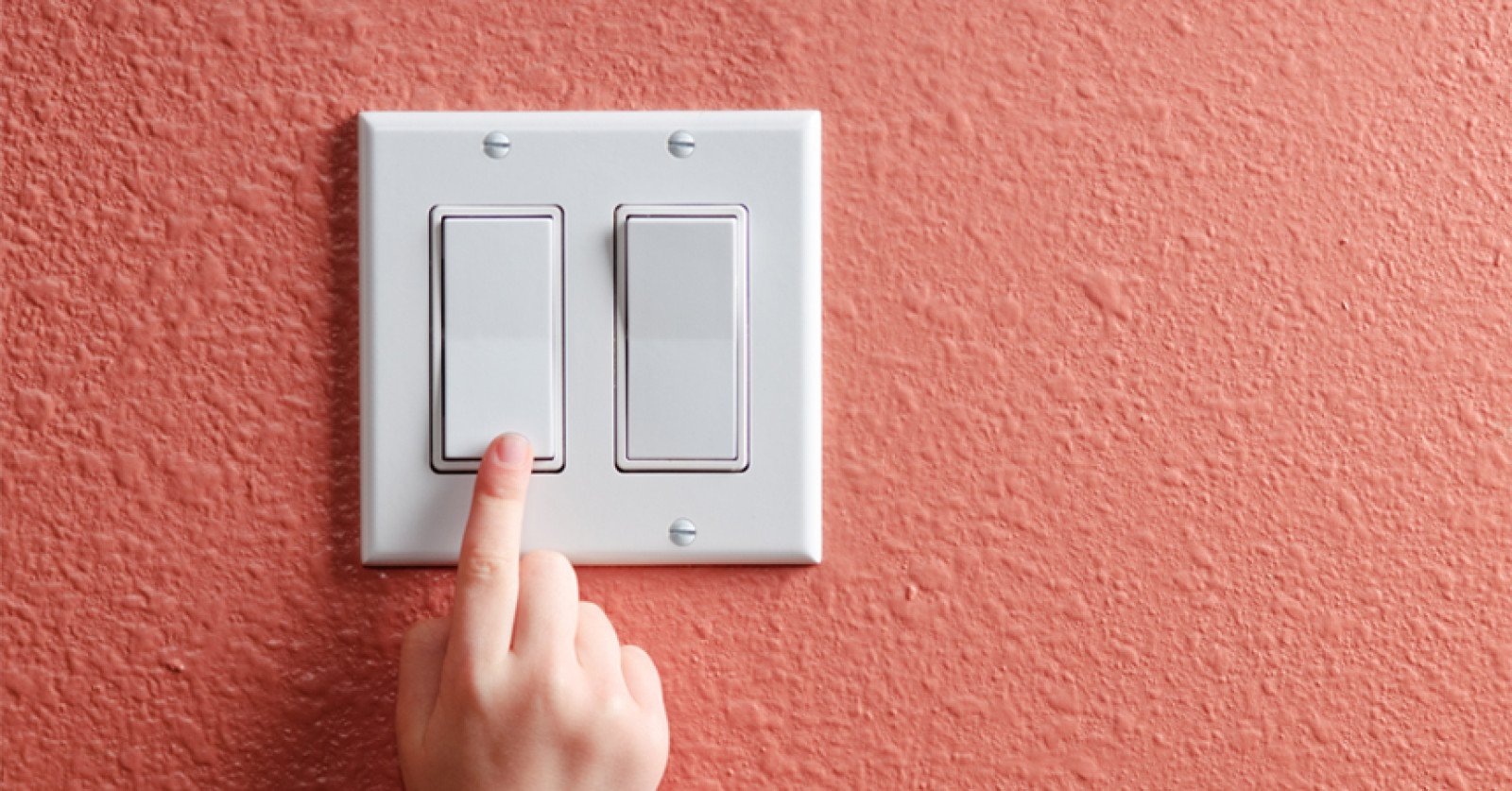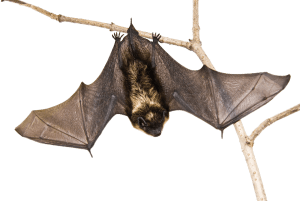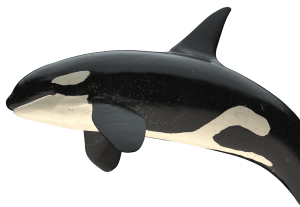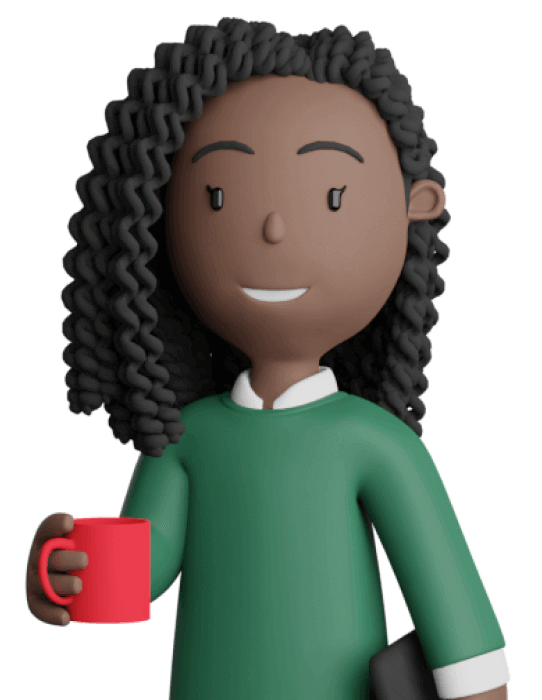
Overview
Saving electricity and water helps to protect all living things. In this activity students make a popsicle stick picture to take home to remind them to turn off their lights and devices when not in use.
Instructions
What you'll need
- 4 wooden craft sticks per student, standard size 9.5mm wide x 112mm long
- White glue and coloured markers
- Optional craft supplies to decorate picture like dried leaves, flowers, pom poms or googly eyes
- “Picture this off” student template, one per students, choice of 3 options
- TV
- Game console
- Light switch
Introduction
- Pull up the “Conserving water and protecting wildlife” activity, and review the following ideas.
- Living things need access to water, food, and safety in their habitats to survive.
- The water we use comes from rivers and lakes, and animals and plants also use this water.
- If we waste water, there may not be enough water for the fish, other wildlife and plants.
- Share with students that we also use water to make electricity here in B.C. and we need to save electricity so that people, animals and plants have enough water to survive.
- Discuss ways to save electricity, like turning off the lights, powering down computers, tablets and other devices at night, unplugging electronics, turning down the heat, and reading a book instead of screen time.
Picture this 'OFF'
- Provide each student with 4 craft sticks and white glue. Have them glue their sticks together to make a square picture frame similar to the example craft stick picture frame.
- Students can decorate the frame using markers and optional craft supplies.
- Each student can choose one of the templates from the "Picture this off" student templates, cut it out, and colour it.
- Students then glue the image to the back of the picture frame.
- Ask students to bring their picture frame home and place it somewhere to remind them to turn off lights and electronics and save electricity.
Modify or extend this activity
Continue the conversation about conservation of electricity by doing the “Our sources of light” lesson to explore natural and artificial light.
Curriculum Fit
Grade 1 Science
Big Idea
- Living things have features and behaviours that help them survive in their environment. Sample question: How do local plants and animals depend on their environment?
Curriculum Competencies
Questioning and predicting
- Demonstrate curiosity and a sense of wonder about the world
- Observe objects and events in familiar contexts
- Ask questions about familiar objects and events
Make and record observations
- Make and record simple measurements using informal or non-standard methods
Processing and analyzing data and information
- Experience and interpret the local environment
Grade 1 Arts Education
Big Idea
- Engagement in the arts creates opportunities for inquiry through purposeful play.
- People connect to others and share ideas through the arts.
Curricular competencies
Exploring and creating
Create artistic works collaboratively and as an individual, using ideas inspired by imagination, inquiry, experimentation, and purposeful play
Assessments
- Assess students’ understanding of the connection between water and electricity.
- Assess students’ understanding of how to save electricity.
- Assess students’ ability to follow instructions and complete the craft.
Teaching Notes
Clean energy powered by water
BC Hydro uses the power of falling water to create clean, reliable electricity. BC Hydro generates 97% clean energy.
Electricity conservation
Electricity conservation in B.C. is an important message since wasting energy also wastes water.
The following are some energy saving tips:
- Turn off unnecessary lights, or switch to LEDs, which reduce energy use by 75% compared to incandescent lights.
- Take shorter showers and switch to a low flow showerhead. A low flow showerhead uses nearly half the water per minute of a regular showerhead. This reduces both water and energy.
- Turn off water when washing hands and brushing teeth. Leaving the water running can waste 10 litres of water per minute.
- Unplug unused electronics. Standby power can account for 10% of an average household's annual electricity use.
- Be strategic with window coverings. Closing curtains and blinds at night can keep the heat in.
- Wash laundry in cold water, run full loads and hang it out to dry. This will save energy and your clothes will last longer.
See BC Hydro energy saving tips for additional tips and cost savings.
Water in our lives
In British Columbia, we use about 300 litres of water per person per day (Statistics Canada, 2013). We use water every day to drink, flush our toilets, brush our teeth, run our baths, grow and cook our food, wash our dishes and clothes, and make our electricity. Our province has a lot of surface water in lakes and rivers, but despite this, only one per cent of water on Earth is readily accessible to consume. When students understand how they use water, they can explore ways to reduce their water use.
Water conservation
At our reservoirs, changes in water levels can affect the spawning cycles of certain species of fish. Lower water levels in reservoirs impacts wildlife in the reservoirs and downstream, particularly during summer months. Across B.C., access to water relies on snowmelt. As the climate changes, warmer, wetter winters and longer, dryer summers mean less access to fresh water.
Water conservation is especially important during summer months, but it has benefits year-round. Using less water also decreases the amount of water that requires treatment, thus saving energy, and it reduces sewage and infrastructure costs. Overflowing of sewage systems during heavy rainfalls can lead to flooding and mudslides.







